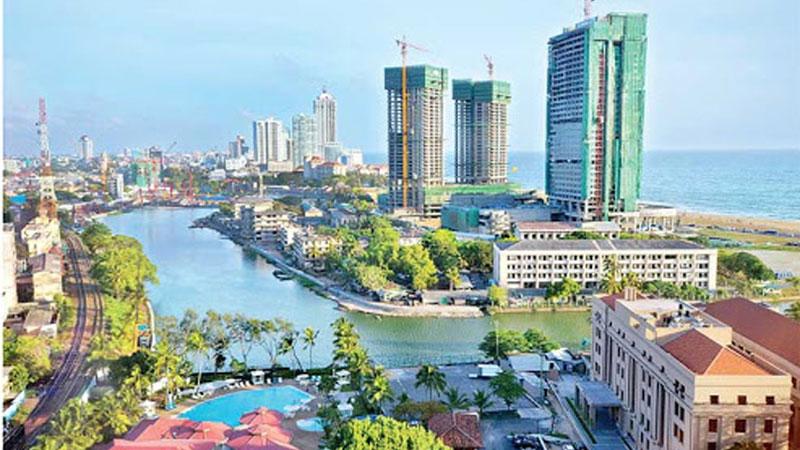
A rebound in the economy could be expected in the second half of the year and will set the trend to reverse the country’s rating from a lower-middle income country to an upper-middle income country soon, said Central Bank Governor Prof. W.D. Lakshman at the Monetary Policy Review media briefing on Thursday.
“The growth momentum will pick up in the latter half of the year with the backing of monetary and fiscal stimulus measures taken so far to revive the economy,” he said.The World Bank downgraded Sri Lanka from an upper-middle income country to a lower-middle income country early this month.
The global economies are classified into four income groups such as low, lower-middle, upper-middle, and high-income countries by the global lender and classifications are updated each year on July 1 based on GNI per capita in current US Dollar (using the Atlas method exchange rates) of the previous year.
“The rating does not capture the total picture of Lanka’s economy. This is only one indication which does not present the real picture,” the Governor said.However, he noted that growth and confidence enhancing structural reforms is imperative to foster high and sustainable economic growth over the medium term.
Indicators suggest that economic growth is likely to have been severely affected during the second quarter of this year. Moody's Investor Services report notes that Sri Lanka is facing the second most significant deterioration in debt affordability among the non-investment grade sovereigns, amid the erosion in its revenue base and upcoming external debt maturities.
Commenting on the import restriction to curtail the outflow of foreign exchange during the pandemic, Senior Deputy Governor of the Central Bank, Dr. Nandalal Weerasinghe said the bank cannot comment when the restrictions would be lifted as it was introduced by a circular issued by the Ministry of Finance. However, he said the restrictions on certain imports have been eased to promote value addition and export oriented imports and for the rest it would be done on a case by case determination.The import restriction has been a bane to many local industries for the past four months resulting in operations coming to a standstill due to the absence of raw material.
Commenting on the list of financial institutions in the high risk category, the Central Bank officials said the bank is dealing strictly with a number of high risk companies through a program to merge such institutions with large entities.
the Standing Deposit Facility Rate (SDFR) and the Standing Lending Facility Rate (SLFR) of the by 100 basis points each, to 4.50 per cent and 5.50 per cent last week to induce a further reduction in market lending rates, thereby encouraging the financial system to aggressively enhance lending to productive sectors of the economy.
The regulator said all financial institutions led by licensed commercial banks (LCBs) must pass on the full benefit of the cumulative reduction of 250 basis points in policy interest rates thus far during the year without delay.
However, customers of banks and financial institutions have been repeatedly complaining that they are not granted the concessions provided by the regulator, but instead have made matters worse with higher interest rates to be charged after the extended grace period.
However, the trade deficit narrowing during the first five months of this year is a silver lining for the economy.
The deficit is estimated to have narrowed during the first five months of this year, with the contraction in imports (19%) outweighing the contraction in exports (29%).
